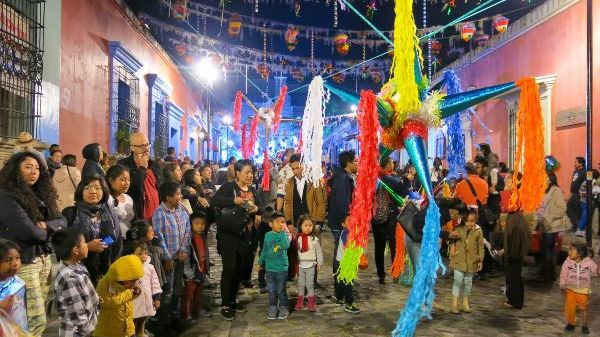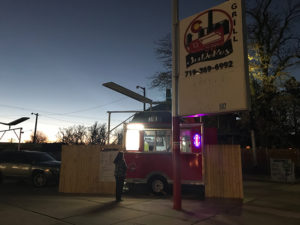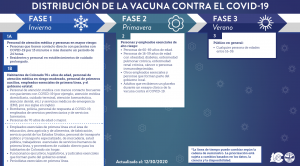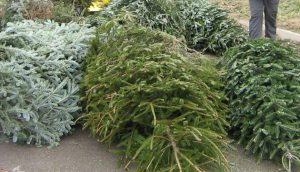Posadas are the fun seasonal celebrations that begin on December 16 and last through December 24th.
While posadas exist throughout the Americas, and even in Spain, the celebration has strong roots in Mexico and the Southwestern US. Posadas are a unique blend of Catholic and Indigenous spiritual practice.

Birth of the Sun
Before the Spanish arrived in the Americas, Native Americans in Central Mexico celebrated the arrival of the god of the sun, Huitzilopochtli, during the month of December.

The celebration, referred to as Panquetzaliztli, included processions, singing, dances, and prayers leading up to the Winter Solstice on December 21st.
Panquetzaliztli, was one of the most important events of the Mexica/Aztec year.
During Panquetzaliztli, people decorated their homes and prepared for the birth of Huitzilopochtli. Panquetzaliztli was one of the most important events of the Mexica/Aztec year.

Adaptation and Indigenous Survivance
Conveniently, the celebration aligned with the Christian practice of Christmas brought with Europeans, which also has origins related to the winter solstice.
Indigenous communities across the Americas found ways to adopt Christian practices in an effort to maintain and disguise Indigenous spiritual practices.
European carols replaced ritual songs and the the re-enactment of Mary and Joseph’s pilgrimage to Bethlehem replaced the Panquetzaliztli processions.

Today, the posadas continue to be a great example of cultural adaptation, with characteristics influenced by the community and family celebrating them.
In the Southwestern US and Mexico, traditional Indigenous foods such as tamales and pozole are made to share with the evening’s guests.
Seasonal beverages are equally abundant and include the corn-based hot chocolate drink champurrado and the seasonal punch made with fresh fruits and spices –ponche navideño.

There’s nothing like the warm aroma of cinnamon, tamarindo, and tejocotes filling your home.
Children are gifted aguinaldos – little bags or baskets filled with candy, fruit, and nuts, as a wish of good fortune for the upcoming year.

The Gift of Cultural Continuity
The festivities highlight is the breaking of the brilliantly colored piñata – an artifact of Indigenous America.
In pre-Hispanic America, Aztec and Mayan communities created piñatas made of clay, decorated with colorful feathers to honor various gods/goddesses.
The Panquetzaliztli piñata was the most important of the year. The Spanish refashioned the piñata, transforming it into the seven-point star piñata popular today.

Posadas Navideñas are not only a fun, culturally rich tradition, with the added benefit of delicious food and drinks, but they are an act of cultural continuity- and that is truly a gift that keeps giving.
If you still need a piñata, locally you can find them at Tres Hermanos Bakery in Pueblo and Carniceria Leonela in Colorado Springs.







